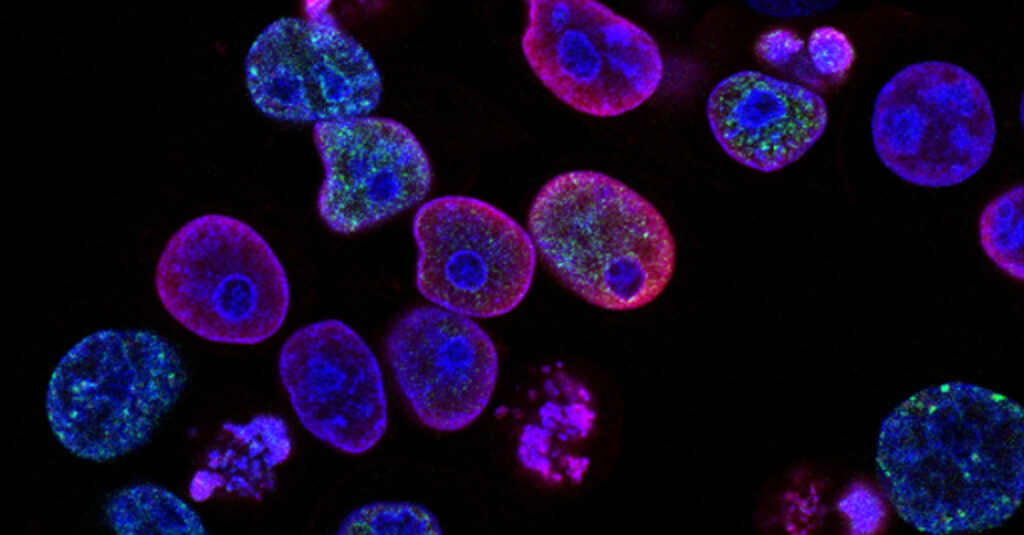Several gene variants found by Pitt scientists could be linked to hypertension, and could affect as many as one in twenty people, Pittsburgh Post Gazette reports.
A bioinformatic scientist at BlueSphere Bio, Dr Brandon Blobner, the first author on the paper that discusses these links, spent hours as a graduate student staring at a computer, writing thousands of lines of code, and decoding gene sequences from databases of more than 28,000 people’s genomes. To access this database, the lab partnered with the National Institutes of Health’s (NIH’s) and the National Heart, Lung, and Blood Institute’s (NHLBI’s) Trans-Omics for Precision Medicine (TOPMed) Program. A few rare mutations were examined in genes coding for proteins found in kidneys and associated with them.
Afterwards, Blobner completed a postdoctoral degree in gastroenterology at the University of Pittsburgh. Upon finishing his postdoc in September 2021, he began working at BlueSphere. In October, Dr Blobner submitted the manuscript to Hypertension. From the start of the experiment in 2016 until publication, the team underwent months of peer review and revisions.
Which gene variants were found to be linked to hypertension? Around 180 liters of fluid are filtered by the kidney every day. The epithelial sodium channel (ENaC) in the kidney regulates blood pressure by keeping sodium concentration balanced. High blood pressure or hypertension can be caused by high sodium levels in the bloodstream, a condition that affects nearly half of all Americans, with only a quarter managing it well.
EnaC is a complex protein embedded on the surfaces of cells such as those in the colon, lungs, and kidneys. By regulating sodium flow in and out of the kidney, it contributes to a highly-regulated filtration system. ENaC consists of three parts bound together. Scientists discovered for the first time that the Delta subunit regulates blood pressure directly. The scientists were also surprised to discover that the Delta subunit was not only found in the kidney, but also in other tissues. Researchers discovered that 1% to 5% of people carry gene variants on the Delta subunit.
“You’re talking about a reasonable number of people who could be carrying these variants,” Blobner said.





